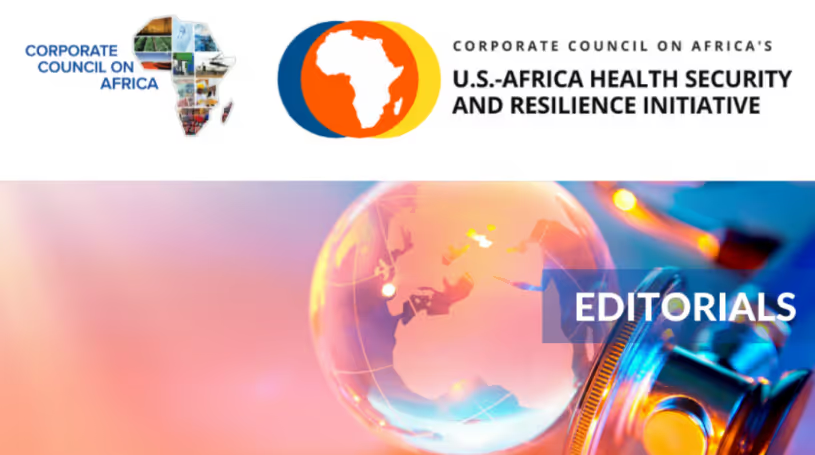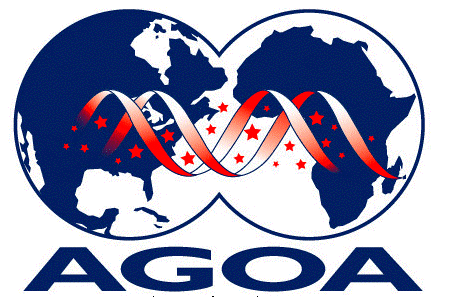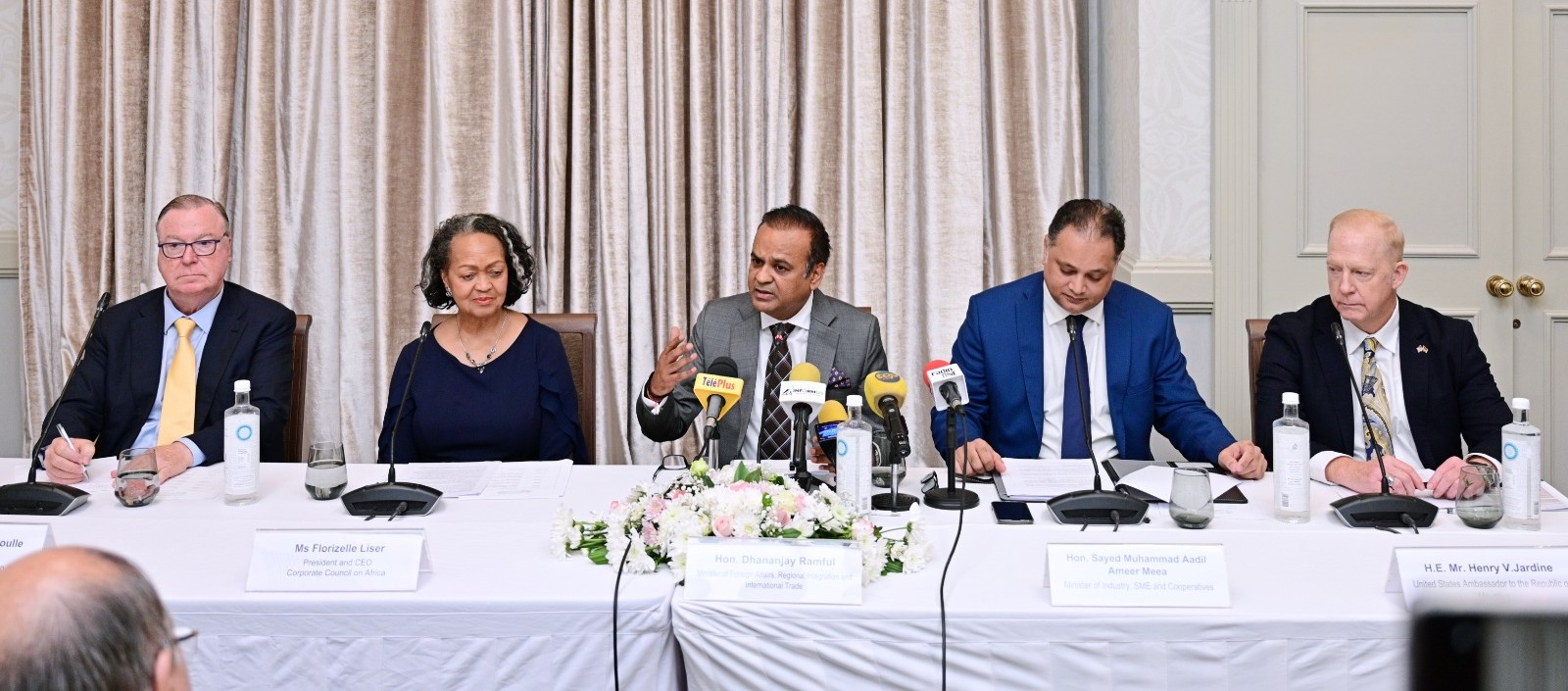Accelerating the President’s Pandemic Preparedness Plans by Incorporating Africa

By Laird TreiberOn August 5, Eric Lander, the President’s Science Adviser, announced in an editorial in the Washington Post that the White House will present a detailed plan in August to better prepare for the next pandemic. This will include ambitious goals such as the capability to design, test and approve safe and effective vaccines within 100 days of detecting a pandemic threat and manufacturing enough doses to supply the world within 200 days. He also calls for accelerating vaccination campaigns by replacing sterile injections with skin patches, setting up early warning systems across the globe, strengthening public health systems, and expanding the workforce and modernizing labs and data systems. He also stresses the importance of improving international coordination. Lander estimates that having such measures in place would potentially save the world $500 billion in annual pandemic costs, based on the $16 trillion cost of the current pandemic. This builds nicely on the recommendations released in July from the G20 High Level Independent Panel on financing the next pandemic, which proposed filling the “gap in international governance and preparedness” by setting up a global surveillance network based on resilient national health systems, and more research into the 25 viral families known to cause disease among humans, while also setting up a global emergency fund.Another way to put the conclusions of Lander’s editorial and the G20 report is that we aren’t likely to be able to defeat the next global pandemic using the same set of nationally based policies we applied to Covid. Summarizing, these proposals call for a significant change in how vaccines and medicines are manufactured and financed globally, stress the importance of strengthening local health systems and networking them to provide better surveillance, and increasing research into viral families. Taken together, these recommendations offer a new paradigm for how the world should prepare for pandemics. This new paradigm significantly increases the role of the private sector, leveraging its strengths, in partnership with governments, and offers the potential to transition much of the world beyond current models of depending on aid or charity for key elements of health security.The White House and G20 initiatives come at the right time, while we are still in the midst of combatting the Covid pandemic, and the sense of urgency and lessons learned are fresh in all our minds. These plans can be significantly strengthened by making Africa a main focus of implementation. Africa has the right combination of challenges and responses to make it the continent with the best potential to adopt a new paradigm for pandemic management. While Africa has the lowest access to Covid vaccines and trained medical staff of any continent, and has been the source of outbreaks of concern (like Ebola), Africa’s responses to the challenges first of getting access to sufficient PPE and now vaccines offer useful models for what a new paradigm looks like.Africa’s response has already made the private sector part of the solution in innovative ways that saved money and lives. In 2020, the African Union’s African Medical Supplies Platform (AMSP) converted horrendous shortages of critical PPE across the continent to efficient deliveries across Africa and even surpluses, while creating opportunities for African companies to step into critical gaps in global supply chains.The African Union has announced a similar plan to build its own vaccine manufacturing capacity capable of providing at least 60% of the vaccines it consumes by 2040. Like AMSP, the AU is focused on attracting private sector investment and partnerships, building the overall capacity of the market and leveraging as much as possible the skills of private companies. JNJ concluded a ground-breaking partnership with South Africa’s Aspen in early 2021, which will deliver more than 400 million Covid vaccine doses over the coming year. And Pfizer just announced a technology transfer partnership with South Africa’s Biovac that will produce 100 million doses, beginning by the end of the year. These Covid responses build on the progress African countries are making to integrate their markets under the African Continental Free Trade Agreement (AfCFTA), which will significantly facilitate cross-border trade. AU members are also in the process of standing up the African Medicines Agency, which will build on the visionary leadership of the African Center for Disease Control, and set up harmonized review and approval processes for vaccines, medicines and equipment.Another notable factor from Africa’s experience is the importance of getting beyond managing different diseases in stovepipes. Rather than having an HIV/AIDs program, and a Covid program, and a Malaria program, for instance, changing the frame to a focus on the patient and boosting health outcomes makes a lot of sense. The key to doing this is better leveraging access to existing data, which can unleash a real revolution in improved health care. Several pilot studies in Africa have already shown significant benefit from using existing data to better manage diseases, coordinate deployment of health workers, and more efficiently manage supply chains and distribution. All of these steps can make health systems more efficient and effective, boosting return on investment of public funds, and accelerating service delivery. Scaling this up would help reduce the burden of existing diseases, which would also limit the scope of future pandemics by raising the baseline level of health. Greater investment in this approach would also offer a head start on heading off a looming crisis in NCDs, which already account for 60% of the world’s disease burden and whose prevalence will only grow as Africa’s young population ages.As Lander and others have noted, the world got lucky that Covid came from a family that private companies have been researching for more than 20 years, and for which a vaccine delivery system had been developed that was looking for a problem to solve. Investing in the primary science in Africa makes a lot of sense for many reasons. Africa has exposure to some of the diseases that have proven incredibly infectious in humans – but for which developed countries lack exposure or knowledge (think Ebola). Getting a head start now on researching more of these diseases with the local experts who have been working hard on them is a great investment in humanity’s future health. Africa is also on the cusp of eliminating malaria, and potentially HIV/AIDS, depending on how advanced vaccine trials proceed. Boosting Africa’s research and tracking capacity at this point could offer significant dividends not only in accelerating the end of these devastating diseases, but would also give us valuable lessons for other diseases, while boosting the underlying health of humanity.Most of these initiatives can – and should be done in close partnership with the private sector, and not as a foreign aid or charity. The private sector already provides as much as 50% of services in Africa. It makes sense to leverage their expertise in logistics, finance and project management, while governments provide the right regulations and standards, and eliminate barriers in other sectors that can block health delivery (e.g., electricity or trade facilitation). Doing so would quickly create significantly more jobs, while also building a long-term source of economic strength. It would also make this critical sector more efficient and effective, and accelerate the process of changing how the sector is viewed from a bill to be paid to a key component of economic strength. African officials are keenly aware, thanks to AMSP and other examples, that the key to their future security is developing market-based solutions. Africa is already on track to become the second largest health market globally by 2035, behind only the U.S. Investing now in getting this new paradigm right in Africa will pay enormous dividends for both Americans and Africans. This is also exactly the kind of response that Africans are looking for from the U.S. They understand that we were acting perfectly rationally in looking after Americans first. Nevertheless, they are aware that they are still figuratively at the back of the vaccine line, waiting while the fourth wave of Covid rages through the continent. They are watching the Administration, hoping our actions will be as good as our words. Setting up a real partnership to put the right kind of architecture in place to deliver real results that people can see would be a great way to kick start the campaign to build back better together.CCA’s Health Security and Resilience Initiative is focused on addressing exactly these kinds of problems, bringing both U.S. and African private companies together to see how they can help governments address challenges and improve health outcomes. CCA stands ready to engage with African, American and other international partners to begin implementing some of these exciting areas for follow up, while putting in place the conditions for much greater health security in Africa as a key factor in sustainable prosperity and greater partnership between the U.S. and Africa. We invite the White House to partner with CCA in making Africa the first step towards a truly global partnership.



